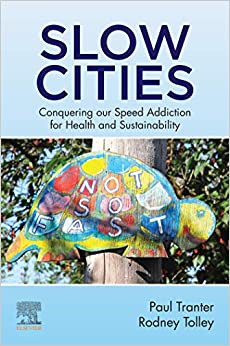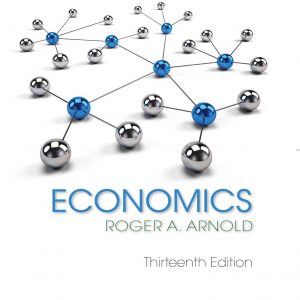Slow Cities: Conquering Our Speed Addiction for Health and Sustainability demonstrates, counterintuitively, that reducing the speed of travel within cities saves time for residents and creates more sustainable, liveable, prosperous and healthy environments.
This book examines the ways individuals and societies became dependent on transport modes that required investment in speed. Using research from multiple disciplinary perspectives, the book demonstrates ways in which human, economic and environmental health are improved with a slowing of city transport. It identifies effective methods, strategies and policies for decreasing the speed of motorised traffic and encouraging a modal shift to walking, cycling and public transport. This book also offers a holistic assessment of the impact of speed on daily behaviours and life choices, and shows how a move to slow down will – perhaps surprisingly – increase accessibility to the city services and activities that support healthy, sustainable lives and cities.
- Includes cases from cities in North and South America, Europe, Asia, Africa and Australasia
- Uses evidence-based research to support arguments about the benefits of slowing city transport
- Adopts a broad view of health, including the health of individuals, neighbourhoods and communities as well as economic health and environmental health
- Includes text boxes, diagrams and photos illustrating the slowing of transport in cities throughout the world, and a list of references including both academic sources and valuable websites











